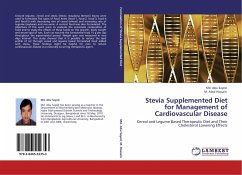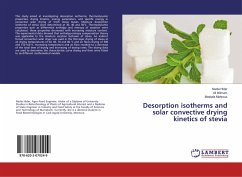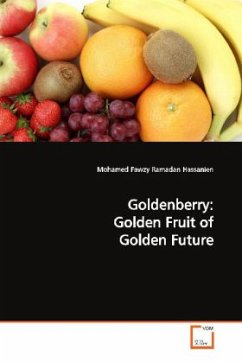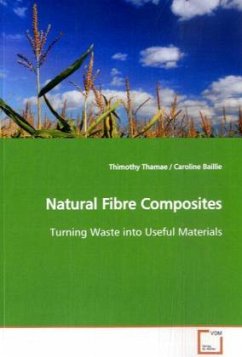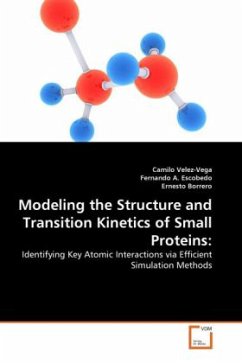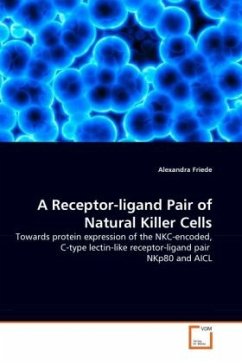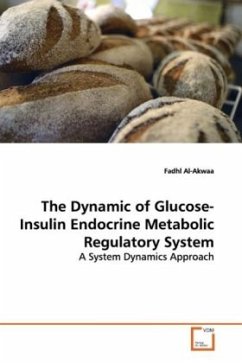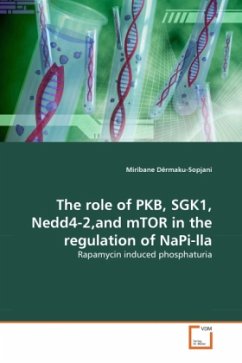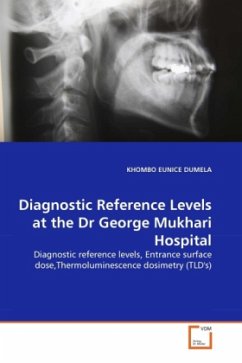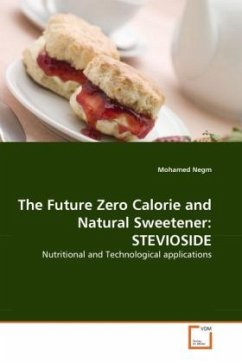
The Future Zero Calorie and Natural Sweetener: STEVIOSIDE
Nutritional and Technological applications
Versandkostenfrei!
Versandfertig in 6-10 Tagen
32,99 €
inkl. MwSt.

PAYBACK Punkte
16 °P sammeln!
Sugar in the diet has come under increased scrutiny as obesity, diabetes problems. At the same time, artificial sweeteners which for years have offered consumers a non-caloric substitute for sugar, have come under fire as consumers seek more natural alternatives in their diets. In other parts of the world, including South America, Japan and China, an herb called stevia, has been used for hundred of years as a replacement for sugar and other artificial sweeteners. Part of the Chrysanthemum family, the stevia plant was originally used in a tea-like beverage in addition to being used for medicina...
Sugar in the diet has come under increased scrutiny as obesity, diabetes problems. At the same time, artificial sweeteners which for years have offered consumers a non-caloric substitute for sugar, have come under fire as consumers seek more natural alternatives in their diets. In other parts of the world, including South America, Japan and China, an herb called stevia, has been used for hundred of years as a replacement for sugar and other artificial sweeteners. Part of the Chrysanthemum family, the stevia plant was originally used in a tea-like beverage in addition to being used for medicinal purposes. Stevioside is a natural sweetener extract from the stevia leaf becoming more popular since the FDA allowed it to be called a sweetener in 2008. The metabolism of stevioside leads to the formation of steviol. Stevioside is quite safe. Fertility and teratogenicity studies have not shown any major concerns for safety. Stevioside is of benefit for diabetics, PKU patients, as well as for obese persons intending to consume fewer calories by avoiding sugar supplements in the diet. Stevioside is present in the stevia plant at levels up to 13%.



